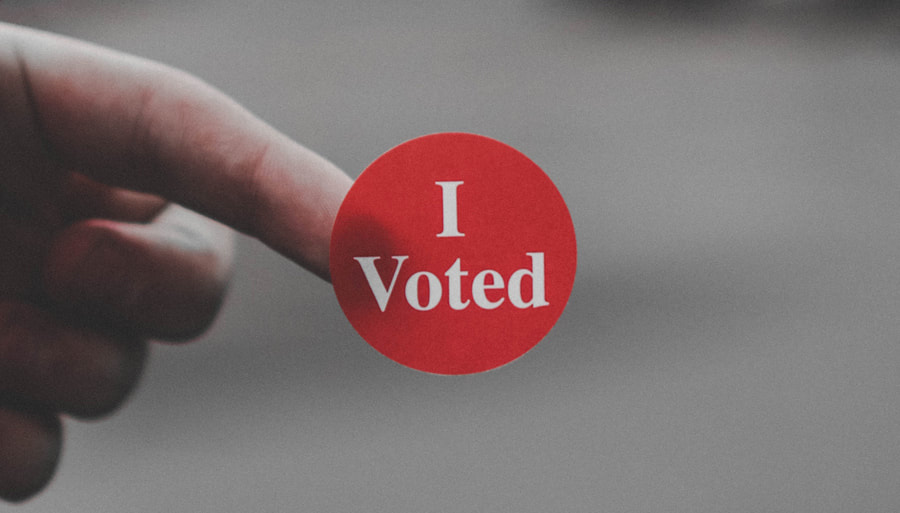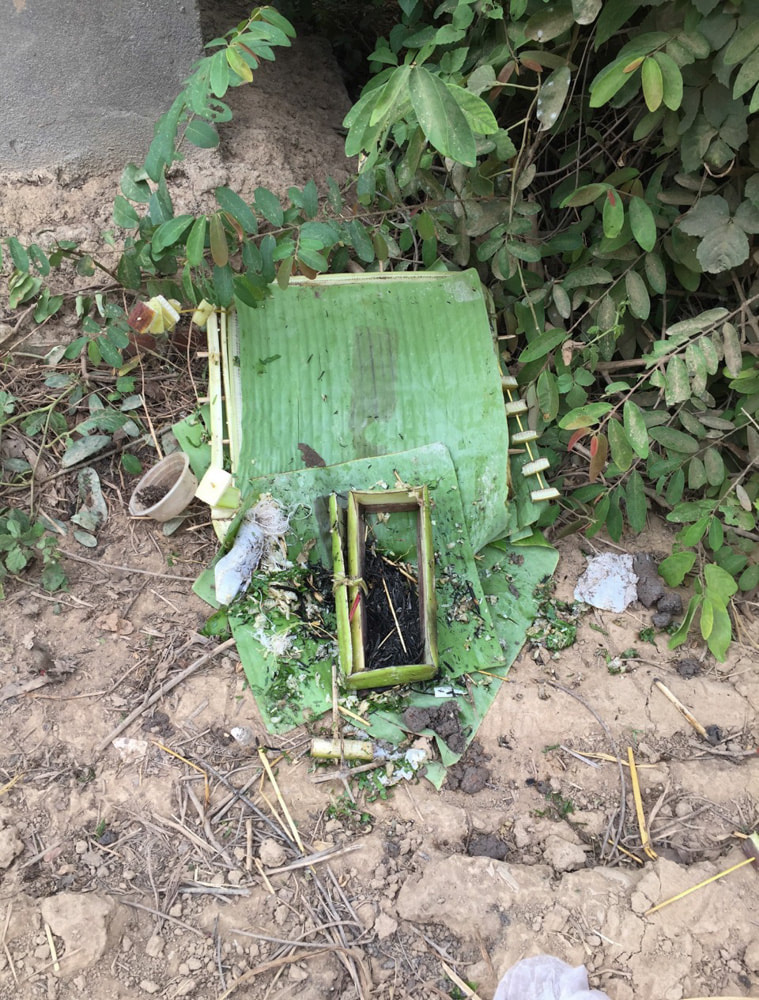|
President Trump continues to criticise the US Federal Reserve.
A previous blog post discussed how unelected bodies exercising authority in democratic societies should be seen as answerable to more than one source for their legitimacy – to the law, to the standards of their profession, to politicians, to stakeholders and to citizens. Moreover, they are answerable in different ways. That previous discussion left open whether the positioning of unelected bodies can be summarised in way that further clarifies their relationship to democratic norms. This blog looks at the three leading ways in which the relationship is sometimes expressed – as agents, as trustees, or as stewards. Each can be misleading.
0 Comments
I went on a tourist trip to Cambodia earlier this year. I passed in one village, at the end of a property, a small shrine made of banana leaves. I was told that something bad had occurred to one or more of the family. The shrine enabled offerings to be made and for the bad to be propitiated. Life for the family could move on.
Cambodian society as a whole has an appalling recent history. Its territory was the target of massive American bombing during the Vietnam War. Under the Pol Pot regime in the 1970s about 1.5-2m are estimated to have died out of a total population then of around 7m. This blog discusses three ways about how to move on from disastrous happenings and appalling memories: propitiation, expiation and reconciliation. It discusses the uneasy relationship between the way individuals deal with bad memories and their collective handling by societies as a whole. |
Archives
June 2024
|



 RSS Feed
RSS Feed